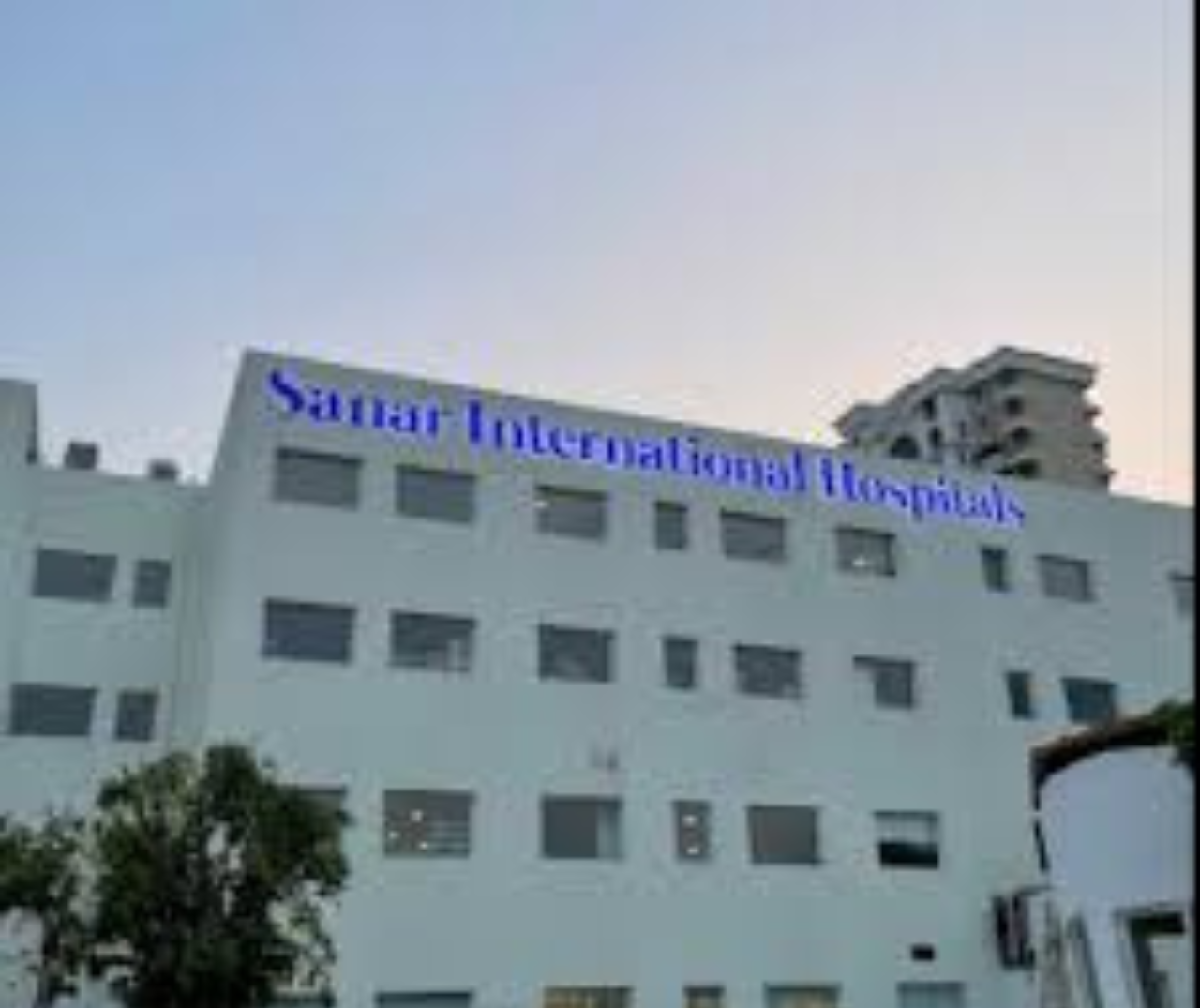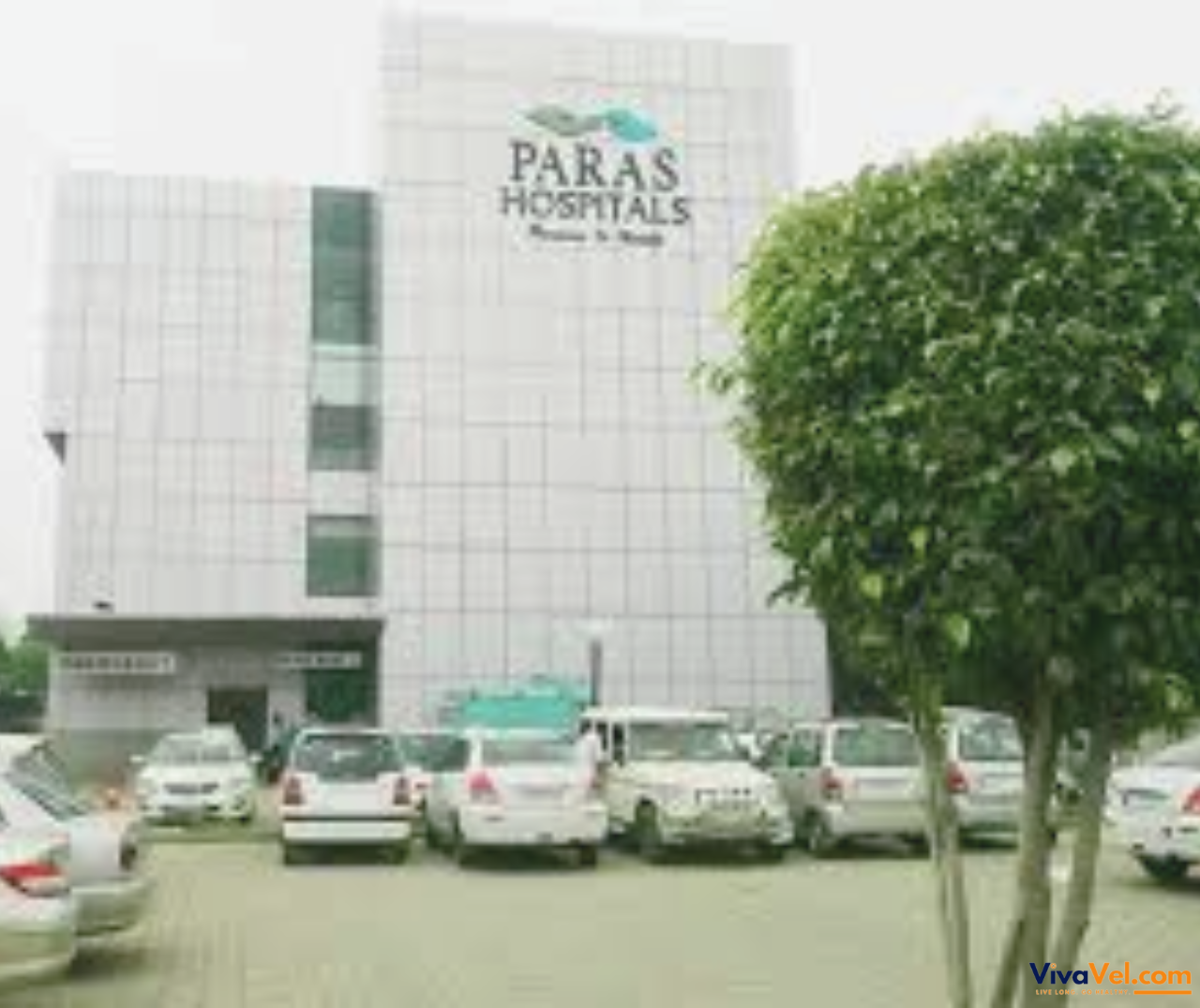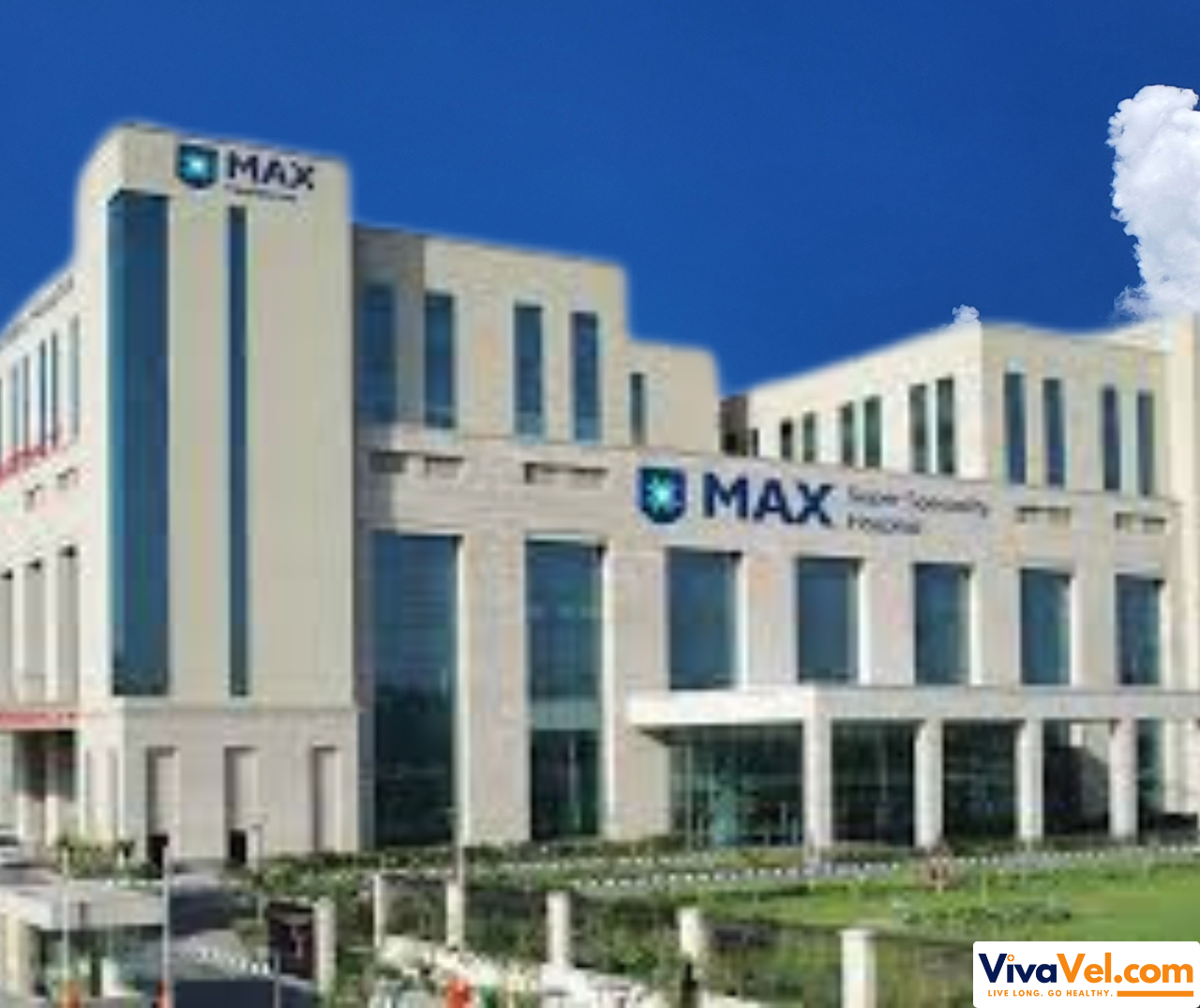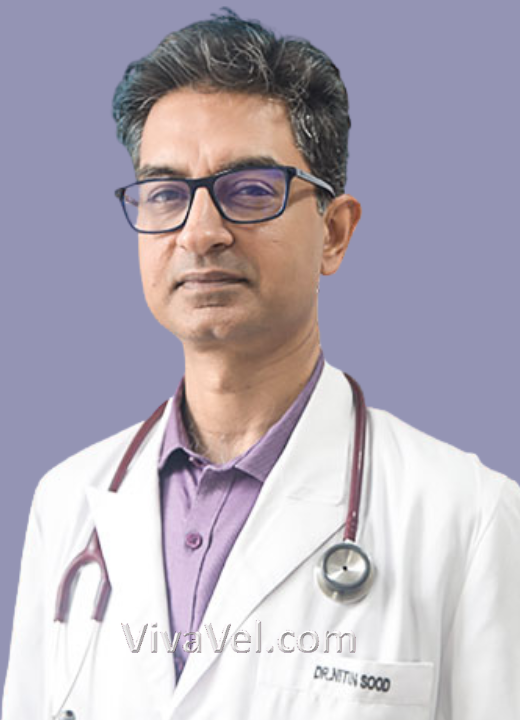info@vivavel.com
+919818262686
+919818262686
 info@vivavel.com
info@vivavel.com +919818262686
+919818262686Multiple Sclerosis (MS) is a chronic, autoimmune disease where the body's immune system mistakenly attacks the myelin, a protective covering around nerve fibers in the central nervous system (CNS). This damage causes inflammation and disrupts the regular communication between the brain, spinal cord, and other body parts. As a result, individuals with MS experience a wide range of symptoms, such as muscle weakness, numbness, coordination and balance issues, and difficulty walking. Vision problems like blurred or double vision are also common. Fatigue, one of the most disabling symptoms, affects many people with MS, often significantly impacting daily life. Cognitive issues, including memory and concentration difficulties, can arise in more severe cases. The disease usually progresses in phases, with periods of relapse (worsening symptoms) and remission (symptom relief), though in some cases, it gradually worsens over time. The exact cause of MS is unknown, but it's thought to involve a combination of genetic and environmental factors. While there is no cure, disease-modifying therapies (DMTs) can slow the progression and help manage symptoms. Early diagnosis and appropriate treatment can improve quality of life and delay disability.
 The symptoms of MS can vary depending on the amount of damage and which nerves are affected. Some common signs and symptoms include:
The symptoms of MS can vary depending on the amount of damage and which nerves are affected. Some common signs and symptoms include:

 The exact cause of MS is unknown, but it is believed to be an autoimmune disease where the body's immune system attacks its tissues. Several factors might contribute to MS, such as:
The exact cause of MS is unknown, but it is believed to be an autoimmune disease where the body's immune system attacks its tissues. Several factors might contribute to MS, such as:
 Seek medical advice if you experience:
Seek medical advice if you experience:
Early diagnosis and treatment can help manage symptoms and slow the progression of the disease.
 There isn't one single test for diagnosing MS. Instead, doctors use a combination of methods:
There isn't one single test for diagnosing MS. Instead, doctors use a combination of methods:
 Do's:
Do's:
 Don'ts:
Don'ts:
NOTE:
Our medical content authors have diligently gathered and synthesized information on this topic to offer valuable insights to our readers. Drawing from a range of reputable medical journals and health resources, this content aims to enhance understanding of the subject. It's important to remember that while this information is informative, it should not replace personalized consultation or treatment from a qualified physician. For further details, please refer to our Editorial Policy.
For this topic, our authors used some of the following resources:
National Institute of Neurological Disorders and Stroke (.gov) | Multiple Sclerosis





![]() Pusa Road, Radha Soami Satsang, Rajendra Place New Delhi, 110005 India
Pusa Road, Radha Soami Satsang, Rajendra Place New Delhi, 110005 India



![]() Golf Course Rd, Parsvnath Exotica, DLF Phase 5, Sector 53, Gurugram, Haryana Gurgaon, 122022 India
Golf Course Rd, Parsvnath Exotica, DLF Phase 5, Sector 53, Gurugram, Haryana Gurgaon, 122022 India



![]() C-1, Sushant Lok- 1, Sector-43, Phase- I, Gurugram, Haryana, 122002
C-1, Sushant Lok- 1, Sector-43, Phase- I, Gurugram, Haryana, 122002



![]() Mussoorie, Diversion Road, Dehradun, Uttarakhand 248001
Mussoorie, Diversion Road, Dehradun, Uttarakhand 248001


Dr. A. V. S. Suresh is a distinguished Senior Consultant Medical Oncologist and Hematologist at Continental Hospitals, Hyderabad. With over two decades of clinical ex...

Dr. Gaurav Dixit is a highly experienced Hematologist and Bone Marrow Transplant (BMT) Specialist who currently leads the Haemato-Oncology Unit at Artemis Hospital, Gurugram....

Dr. Rayaz Ahmed is a director with expertise in Cancer Care/Oncology, Bone Marrow Transplant, Hematology Oncology, and hematology (Hematology) at Max Super Speciality Hospita...



Dr. Nitin Sood is a distinguished Clinical Hematologist, Hemato-Oncologist, and Bone Marrow Transplant Specialist with nearly thirty years of clinical, academic, and research exper...
Treatment Plan & Cost within 2 days
